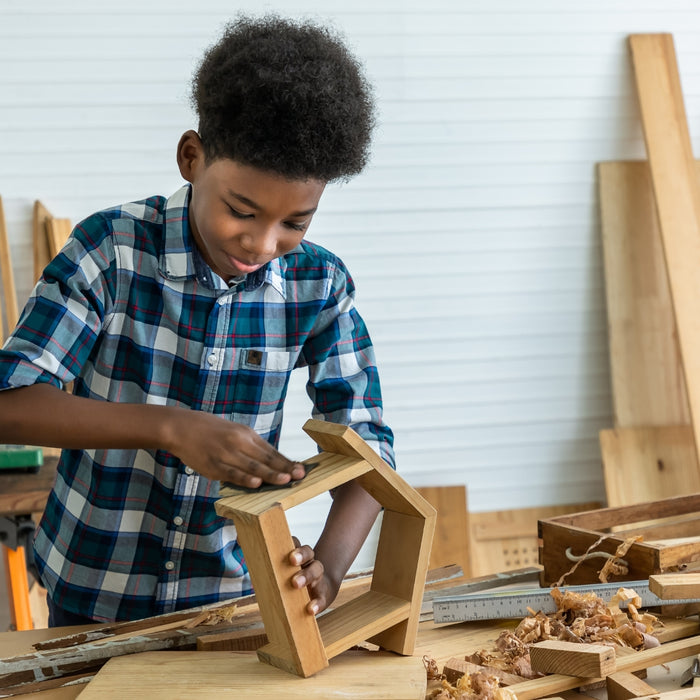
Listen to the article:

Teaching your child to avoid being a sore loser will eventually equip him with the necessary tools for handling disappointment and pushing forward because life is full of ups and downs and no one can win all the time.
If your child has difficulty losing, follow these tips to steer him in the right direction.
Place Attention on the Good Behavior
Instead of pointing out scores or speed, call attention to how hard they tried and highlight the good behavior. Then, when your child shows kindness to teammates, praise him. Compliment him on his efforts on a task, regardless of how well he did. This will teach him that good sportsmanship is more important than the scorecard.
Teach Them to Win and Lose with Grace
Does your child observe you playing games? If so, what kind of teacher are you? Consider your personal conduct and response to winning and losing, whether it’s during family game night, or a game of football with buddies. Model the behavior you want your child to display.
Keep in mind that good sportsmanship isn’t confined to just the field or game pieces either. Use daily opportunities to teach grace. For example, if someone cuts you off in traffic does it enrage you or do you patiently accept it? When you’re running late, are you rude to others? Leading by example and teaching with patience and empathy will help your child accept victory, loss, happiness, and disappointment with grace and composure.
Don’t Let Your Child Win on Purpose
Naturally, it’s done with good intentions. You know, that game you purposefully let your child win, thinking it would provide a boost in confidence, or perhaps you did it to prevent a meltdown from your child. While it may have offered a temporary solution, allowing your child to win is not helpful in the long haul. Throwing a game to spare hurt feelings will communicate that he isn’t capable of dealing with losing. Instead allow him to experience loss in friendly games with you, so he will have the chance to practice good sportsmanship and not be a sore loser.
Downplay the Bragging
Oftentimes kids who don’t handle losing are also the ones who brag about a win. It can feel good to win and your child’s winning can fill you with glee too, but if you’re teaching your child not to be a sore loser, you may want to have the victory dance privately. While you should definitely praise your child for the win, avoid being boastful and remember you are your child’s number one teacher, so guide with grace.
Practice makes perfect for learning not to be a sore loser. Play different games with your child and praise him when he remains calm in a loss and shakes hands or shows support for other playmates.
Thought Starters:
- Reframing the Importance of Winning: Consider how you can shift the focus from winning to participating and trying hard. Reflect on ways to praise effort, teamwork, and improvement rather than just the outcome of a game or competition.
- Modeling Good Sportsmanship: Think about your own reactions to winning and losing, whether in sports, games, or daily life situations. Assess how these reactions might be influencing your child’s behavior and attitudes towards winning and losing.
- Teaching Graceful Loss and Victory: Contemplate how to use everyday situations to teach your child about gracefully accepting both victory and defeat. This could include how to react when someone else wins a game or when facing disappointments in daily activities.
Suggested Questions To Ask Your Child:
- How did you feel about the effort you put into the game, regardless of the outcome?
This question aligns with the article's suggestion to place attention on good behavior and effort rather than just the outcome of the game. It encourages the child to reflect on their effort and participation, promoting the idea that trying hard is as important as winning.
- What did you learn from playing the game, win or lose?
This question is designed to help the child see value in the experience of playing the game itself, beyond just winning or losing. It supports the article's concept of teaching children to win and lose with grace, focusing on the learning and growth that comes from the experience.
- Can you think of a time when you were proud of how you handled a loss or a win?
This question encourages the child to reflect on their past behavior in both winning and losing scenarios. It's related to the article’s emphasis on modeling good sportsmanship and handling both victory and defeat gracefully. By recalling their own positive behavior, the child may be inspired to continue such conduct in the future.



